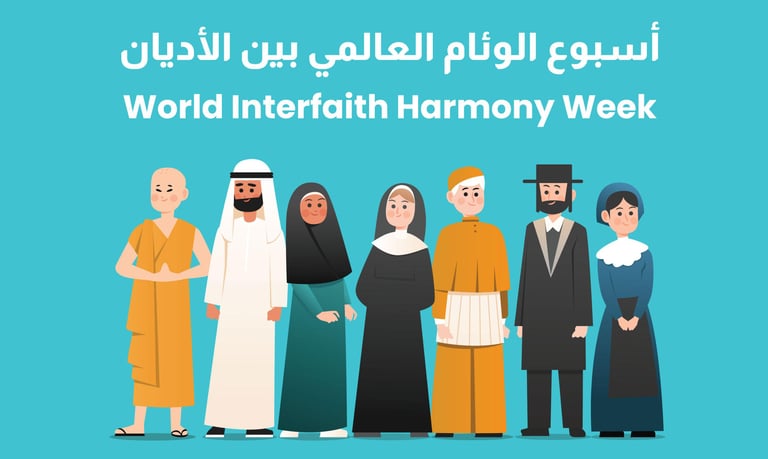Interfaith Harmony
COMMUNITY


Interfaith harmony encourages peaceful coexistence among people of different religions. It promotes mutual respect, dialogue, and understanding, helping to reduce conflicts and foster unity.
People of different religions and beliefs living in peace and respect with one another is known as interfaith harmony. Interfaith harmony is essential for fostering understanding, fostering unity, and lowering conflict in a multicultural nation like India and the larger world community. A stronger, more inclusive society is produced when individuals of various faiths coexist peacefully.
Religious differences have frequently caused conflict throughout history. However, by emphasizing common values like humanity, respect, and compassion, interfaith harmony aims to bridge these gaps. It promotes cooperation over conflict and discussion over argument. Cultural exchange programs, peace summits, and interfaith initiatives have all contributed to the dismantling of stereotypes and the unification of people in recent years.
In India, where Hinduism, Islam, Christianity, Sikhism, Buddhism, Jainism, and many tribal faiths are practiced, interfaith understanding is essential for national unity. Organizations and leaders regularly promote inter-religious tolerance through campaigns, community meals, festivals, and educational workshops. For example, the "Ek Bharat, Shreshtha Bharat" initiative celebrates cultural and spiritual diversity to foster brotherhood.
The importance of interfaith harmony has become even more evident in today’s interconnected world. Social media and the internet can either spread hatred or be used positively to share stories of unity and peace among religions. Schools and parents also play a key role by teaching children the values of acceptance and coexistence from a young age.